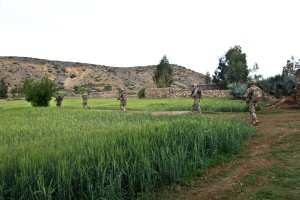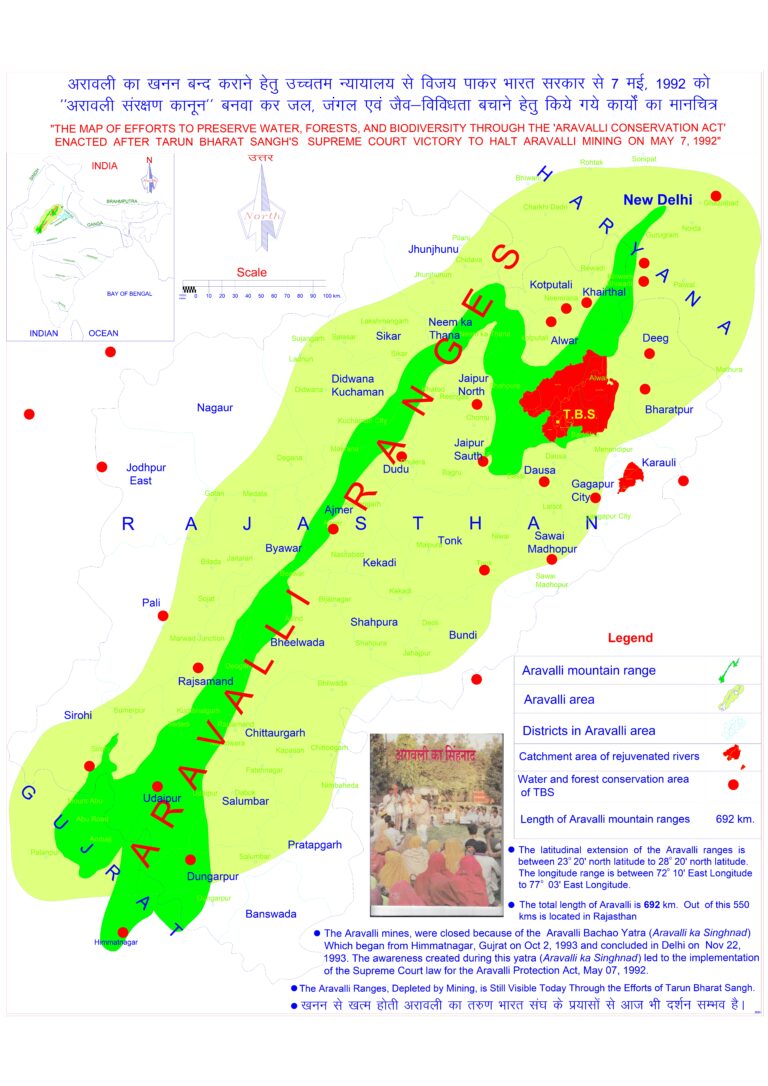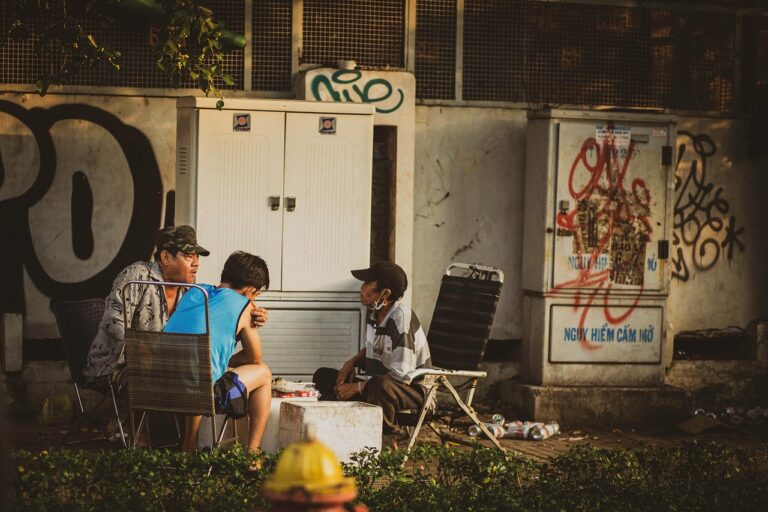
Washington DC: Amidst reports of mass exodus from Afghanistan where Taliban has taken control of more than half of the 400 districts, and the US State Department’s move to offer potential refugee status to Afghans who assisted the U.S. during the war in their country, the American Secretary of State Antony J. Blinken spoke with Afghan President Ashraf Ghani today to reiterate the strong and enduring U.S. commitment to Afghanistan.
Both leaders condemned the ongoing Taliban attacks, which show little regard for human life and human rights, and deplored the loss of innocent Afghan lives and displacement of the civilian population. Secretary Blinken and President Ghani pledged to remain in close contact going forward.
Both emphasized the need to accelerate peace negotiations and achieve a political settlement that is inclusive, respects the rights of all Afghans, including women and minorities, allows the Afghan people to have a say in choosing their leaders, and prevents Afghan soil from being used to threaten the United States and its allies and partners.
Today’s talks between the two leaders assume significance in the light of Ghani’s statement of August 2, 2021, wherein he blamed the American troops’ speedy pullout for the worsening violence in his country.
Ghani’s statement did push the USA to concede that Taliban was in most cases responsible for the “outrageous and atrocious” acts of violence that had been perpetrated against the Afghan people.
“Of course, other terrorist groups – ISIS-K – also active, but we have seen an increase in these ongoing Taliban attacks. They show little regard for human life, for the rights of the Afghan people, including the basic right of the Afghan people to live in safety and security,” Ted Price, Department Spokesperson at the US Department of State, had said on August 2, in response to Ghani’s posture.
Price had made it clear that the US recognised that the targeted killings, the destructions of buildings and bridges, other vital infrastructure, other violent acts against the people of Afghanistan were in stark contravention to statements from the Taliban leadership. He had added:”If the Taliban leadership truly supports a negotiated solution to this conflict, as they say they do, as their actions in Doha potentially suggest they do, they must stop these horrific attacks.”
He insisted, “…we have not only invested and will continue to invest in our partnership with Afghan security forces, but we are investing intensively in the diplomacy, supporting the diplomacy between the Afghan parties, bringing together the international community, again, with an objective that all Afghans are able to live in peace and security within their own country”.
While the White House is reportedly under intense pressure to offer protections to Afghans as the Taliban forces are rapidly winning new territories, Price had to suggest that the Afghan refugees do have support and are eligible to receive support from the United States Government, from the UN, from other humanitarian donors.
“So it’s not accurate to say that these individuals are necessarily and entirely left to fend for themselves,” he had said. He had added: “…the United States will continue to be the largest humanitarian donor, knowing that it is the generosity of spirit of the American people, knowing that in this case, in the case of the P-2 program, in the case of the SIV program, we do have a special responsibility to these individuals who, in many cases, face an especially acute threat because of the work they have done on behalf of the American people or directly on behalf of the U.S. Government.”
P-2 is a category of refugee status, but it doesn’t automatically confer benefits to refugees once they’re outside of the country. “But our point is, both through UNHCR and through the tremendous generosity of the American people, the largest humanitarian donor – $266 million just a couple months ago, billions of dollars over the course of the years – refugees, Afghan refugees do have support and are eligible to receive support from the United States Government, from the UN, from other humanitarian donors,” Price had said.
“I also want to make very clear that once Afghans are – well, both for Afghans who are displaced internally within their own country and for Afghan refugees who have fled their country – Afghan refugees eligible to refer – to be referred to the P-2 program may contact the UN High Commissioner for Refugees — the country office in the country,” Price said.
P-2 category, Price said, applied to Afghans who worked or work as employees of contractors, locally employed staff, interpreters and translators for the U.S. Government, United States Forces Afghanistan, the International Security Assistance Force ISAF), or, or Resolute Support. It also applied to Afghans who worked or work for U.S. Government-funded programs or projects in Afghanistan supported through a U.S. Government grant or cooperative agreement as well as Afghans who were or are employed by U.S.-based media organizsations or nongovernmental organisations.
It may be mentioned that the United States is the largest single donor of humanitarian assistance to Afghanistan. On June 4 of this year, it had announced more than $266 million in new humanitarian assistance, which brought its total assistance over the course of these years to nearly $4 billion. This funding allows the USA and its partners to provide life-saving food, nutrition, protection, shelter, livelihood opportunities that are essential, as well as other services like health care, water, sanitation, hygiene services, to respond to the humanitarian needs generated by conflict, by drought, and the ongoing COVID-19 epidemic. This humanitarian assistance provides protection to the most vulnerable Afghans, and includes Afghans who have forced – have been forced to make the “gruelling decision” in some cases to have to leave their country.
– global bihari bureau





